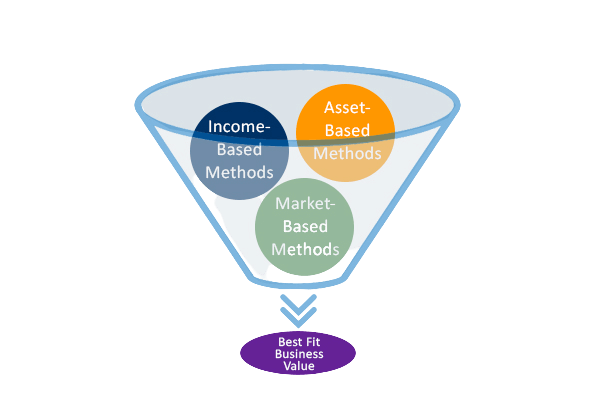
Individual Taxation
After years of serving clients in some of the largest metropolitan areas, our practice has obtained the expertise to navigate your specific regulatory environment and achieve desired outcomes on your return with solid professional integrity

Corporate & Partnership Taxation
A disciplined, integrated approach to corporate tax requires experienced tax professionals who understand the distinct tax concerns of corporations and partnerships.

Book keeping
Our firm has over a decade of experience in bookkeeping for business. Some of the services we currently provide are payroll, accounts payable, accounts receivable, and reconciliation to bank records.

- Annual Filing I Auditing I Assets Valuation
- Business Set up I Bookkeeping & Outsourcing
- Company Formation I Company Laws I Corporate Restructuring
- Drafting Legal Documents I Export Import Advisory
- FSSAI Registration I FDI Compliance
- GST Compliances I Human Resource Management
- Insolvency & Bankruptcy I Intellectual Property
- Income Tax Practice I Legal I Labour Laws I Litigation
- MSME I Mergers & Acquisitions I NCLT Matter I PF ESI Compliances
- RERA Compliances I RERA Cases I Secretarial, Accounting
- Tax Audit I Trademark Registration Etc.
VALUATION SERVICES
Business valuations are frequently requested by business owners, investors, potential buyers, and potential sellers to value a company ahead of a sale, merger/acquisition, or public offering. There are several different methods used by valuation experts in this process. Here are a few of the more common methods used in business valuation.

Market-Based
To put it simply, market-based valuation accounting uses a comparison to other recent selling prices of similar businesses. This method is rather subjective as it relies on the always-changing market and because there may not be a significant number of similar businesses to compare to. Determining the value of a business using this method can be difficult for a sole proprietorship also because shared internal information may be challenging to verify, requiring a separate due-diligence engagement.

Asset-Based
Asset-Based Asset-based business valuation accounting considers the business’s total net asset value. This is the value of all of the business’s assets minus the value of its total liabilities. There are two basic ways this is determined using this method: going concern and liquidation. A going concern approach lists the business’s net balance sheet value of its assets and subtracts the sum of its liabilities. A liquidation approach determines the net cash that would be received if all the assets were sold and the liabilities were paid off.

Income-Based
Income-Based Income-based business valuation accounting looks at the business’s income-producing capacity compared to its risk in order to determine the value. The main techniques used in the method are capitalization and discounting. The risk of the business is determined by the discount and capitalization rates. The most common methods used in income-based valuation are capitalization of earnings, multiple of discretionary earnings, and discounted cash flow.





